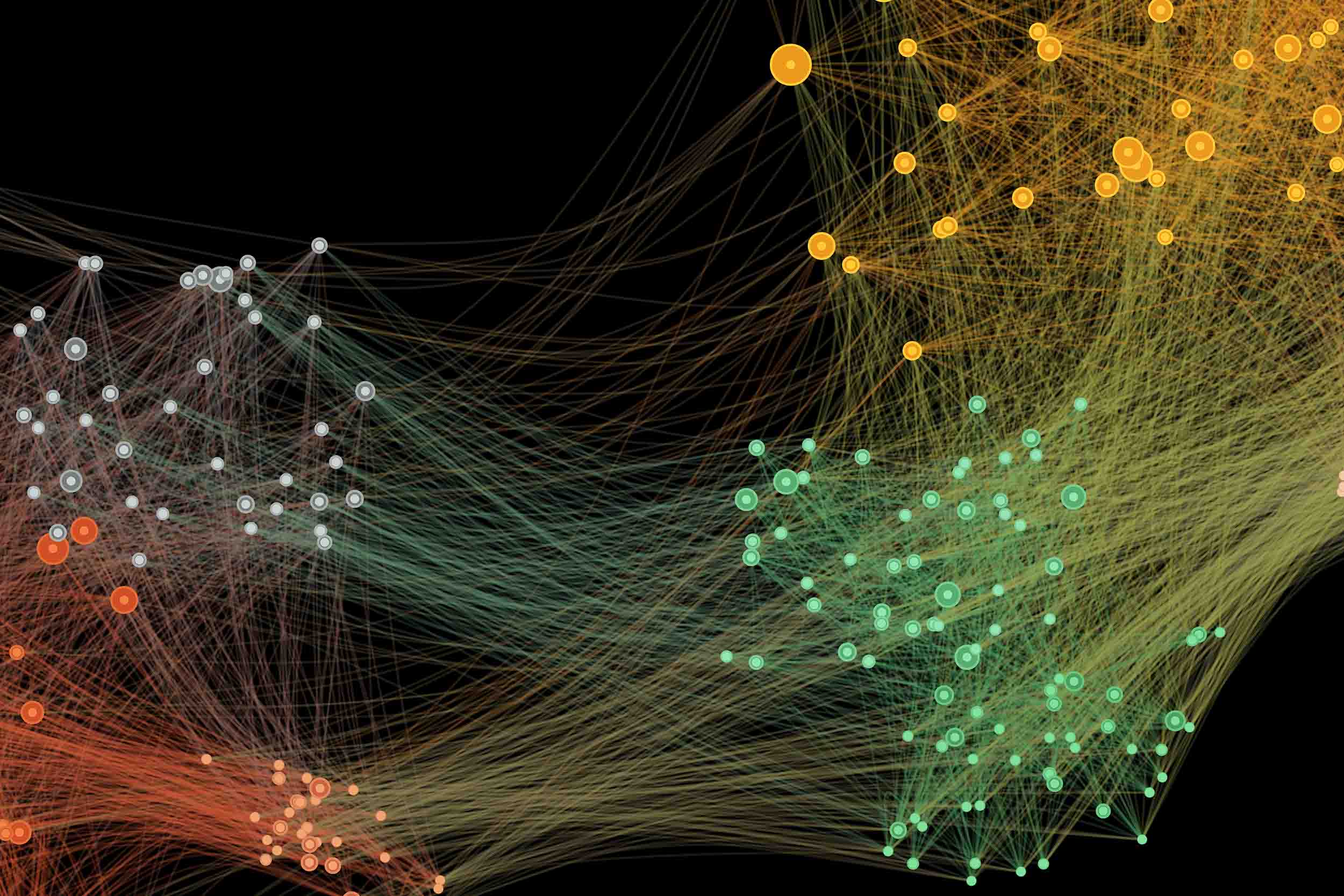
Hydrosystems faculty
Ensuring water security and resilience
Our faculty work collaboratively to ensure sustainable and robust water systems by applying concepts and techniques from hydrology and water resources engineering, including observations, numerical models and data science methods.
Our faculty emphasize the urban water cycle and its interactions with climate and policy dimensions using the Phoenix metropolitan area and the State of Arizona as outdoor laboratories for field experiments, modeling and remote sensing applications.
Our faculty are recognized experts in their respective fields which span from water policy to hydrologic data sciences and include atmospheric, surface water and groundwater components. They work closely with stakeholders from water and environmental agencies, non-profit organizations and the private sector to advance hydrologic science and water resources engineering. Their research efforts are coordinated within the Center for Hydrologic Innovations at Arizona State University.
Our undergraduate and graduate students go on to careers in the fields of water resources engineering, hydraulics, groundwater hydrology, surface water hydrology, environmental fluid hydraulics, climate science, environmental remediation, water resources planning and various others in the private, public and non-profit sectors.
Margaret Garcia
Associate Professor
School of Sustainable Engineering and the Built Environment
Garcia investigates design and policy impacts on water infrastructure systems performance by analyzing feedback in human-hydrological systems, assessing design choices and informing decision making.
Saurav Kumar
Assistant Professor
School of Sustainable Engineering and the Built Environment
Kumar develops hybrid models that combine AI, remote sensing, and system modeling to improve sustainable water management and predict interactions across water, carbon, agricultural, and urban systems.
Giuseppe Mascaro
Associate Professor
School of Sustainable Engineering and the Built Environment
Mascaro integrates hydrology, climate and atmospheric science techniques to support sustainable infrastructure design by combining advanced statistical techniques and numerical models of Earth’s climate and hydrologic cycle.
Enrique Vivoni
Professor
School of Sustainable Engineering and the Built Environment
Vivoni uses hydrologic science and engineering principles to solve water resources issues in urban and natural environments in arid regions using watershed modeling, remote sensing and environmental sensor networks.
Zhihua Wang
Associate Professor
School of Sustainable Engineering and the Built Environment
Wang studies land-atmosphere interactions in a changing climate, turbulent transport and the urban heat island through analysis, models and measurements of anthropogenic stressors effect on the urban hydrological cycle.
Tianfang Xu
Assistant Professor
School of Sustainable Engineering and the Built Environment
Xu focuses on enhancing water resources systems and groundwater flow, transport and interaction predictions with process-based models, machine and deep-learning and satellite remote sensing.
Ruijie Zeng
Assistant Professor
School of Sustainable Engineering and the Built Environment
Zeng studies feedback between human activities and the land surface hydrologic cycle using modeling, remote sensing and data-driven methods in complex systems with multiple interactions.